Olympic Solidarity: helping make Olympic dreams come true
The PyeongChang 2018 Olympic scholarship programme, which is designed to ensure that athletes with talent have an equal chance of reaching and succeeding in the Olympic arena, has played a key role in the journeys of many athletes and teams competing at the Olympic Winter Games.
In total, no fewer than 271 individual athletes and 13 teams participating in the latest edition of the Olympic Winter Games in PyeongChang have benefitted from Olympic Solidarity (OS) scholarships – 40 more than the total at Sochi 2014. By the end of day four of the Games, two scholarship holders have made it onto the podium, and eight have finished in the top 8.
For athletes looking to produce top performances, talent and determination alone are not enough. They also need high-level coaching, preparation and the ability to travel to and compete in events around the world. This all requires a considerable amount of money. The OS scholarship programmes helps to address these needs.
An OS scholarship includes a fixed monthly training grant to cover training and coaching costs, and a travel subsidy that enables holders to participate in Olympic qualification competitions. Overall, in the last 16 months, 435 individual athletes from 75 National Olympic Committees (NOCs) in five sports have benefitted from the PyeongChang 2018 Olympic Scholarship programme.
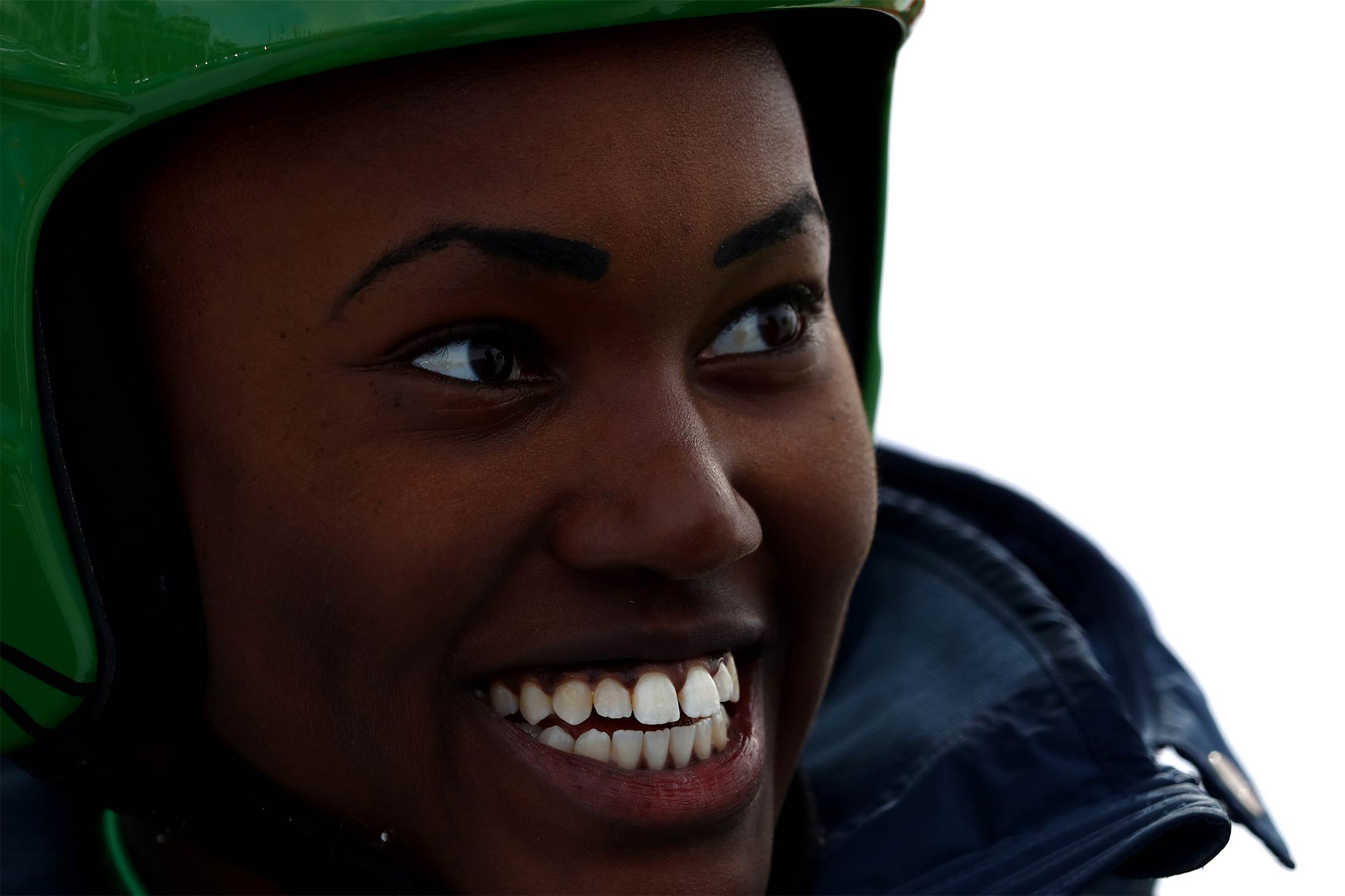
Among those to receive support on their way to PyeongChang 2018 are the Unified Korean and Swiss women's ice hockey teams, Kenyan skier Sabrina Simader, Bulgarian snowboarder Radoslav Yankov and Jamaica's dynamic bobsleigh duo Jazmine Fenlator-Victorian and Carrie Russel, to name but a few.
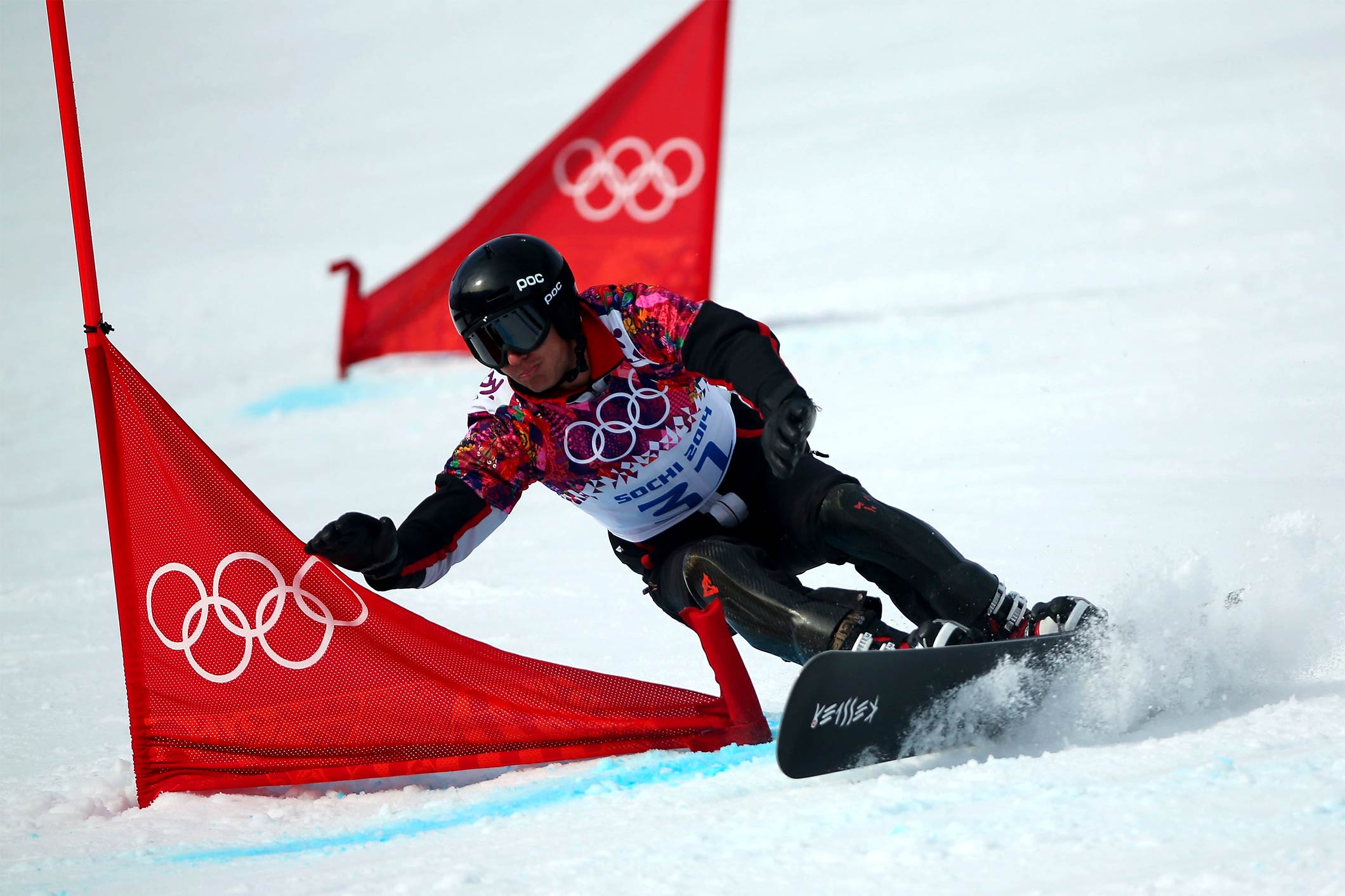
There have also already been some medal-winning performances at the Games. OS scholarship holder Yuliya Galysheva won bronze in the women's moguls, giving Kazakhstan its first ever medal in freestyle skiing. In doing so, she became only the third woman representing her country to win a medal at the Olympic Winter Games. Meanwhile, another OS scholarship holder, Australia's Matthew Graham, won silver in the men's moguls.
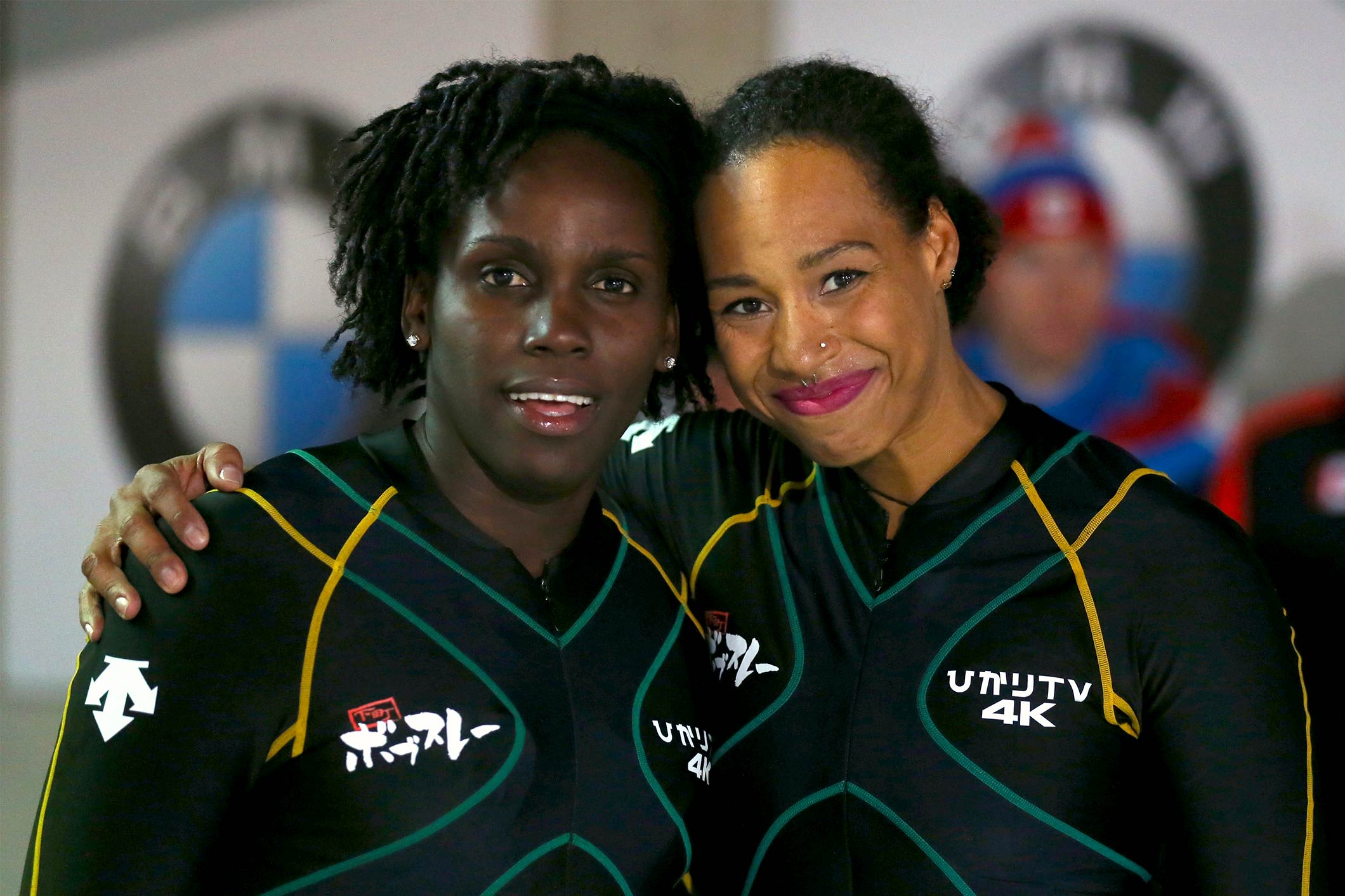
"I would like to thank Olympic Solidarity for giving me this opportunity to come here and achieve my dream", said Olympic bronze medallist Yuliya Galysheva. "Also I thank the NOC of Kazakhstan for their active participating and collaboration with this programme. I hope we will be using continuously these programmes in our preparation for next events".
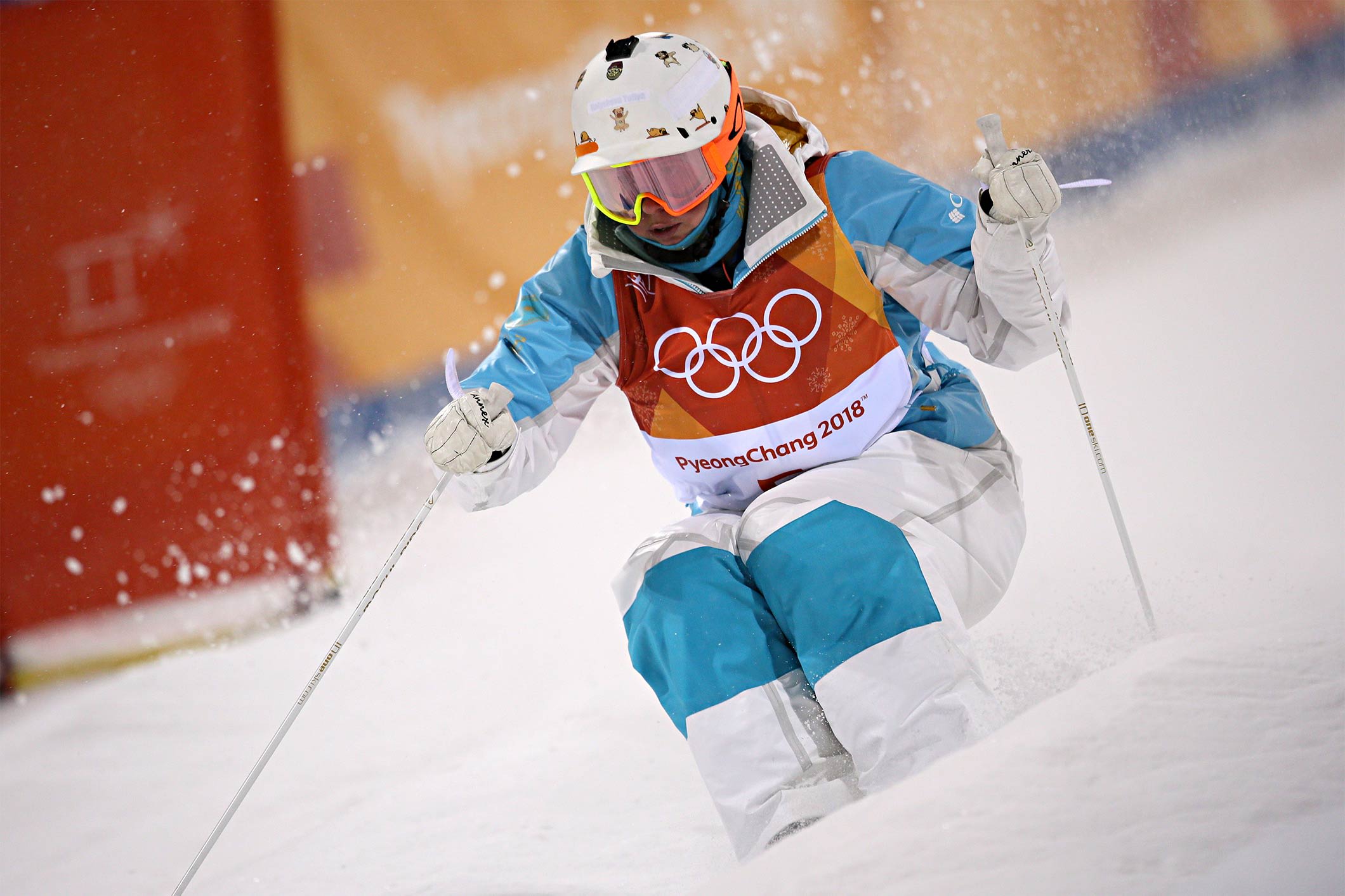
In turn, men's moguls silver medallist Matthew Graham said: "As an Australian living in a sun-drenched nation we are required to travel for many months of the year. I believe I was away from home for about 300 days over the past 12 months. This is what is required to excel in my sport so every bit of help goes a long way to making my dream possible. Without the support I have had over my sporting career with things like the Olympic Solidarity Funding, reaching this level in sport would be impossible."
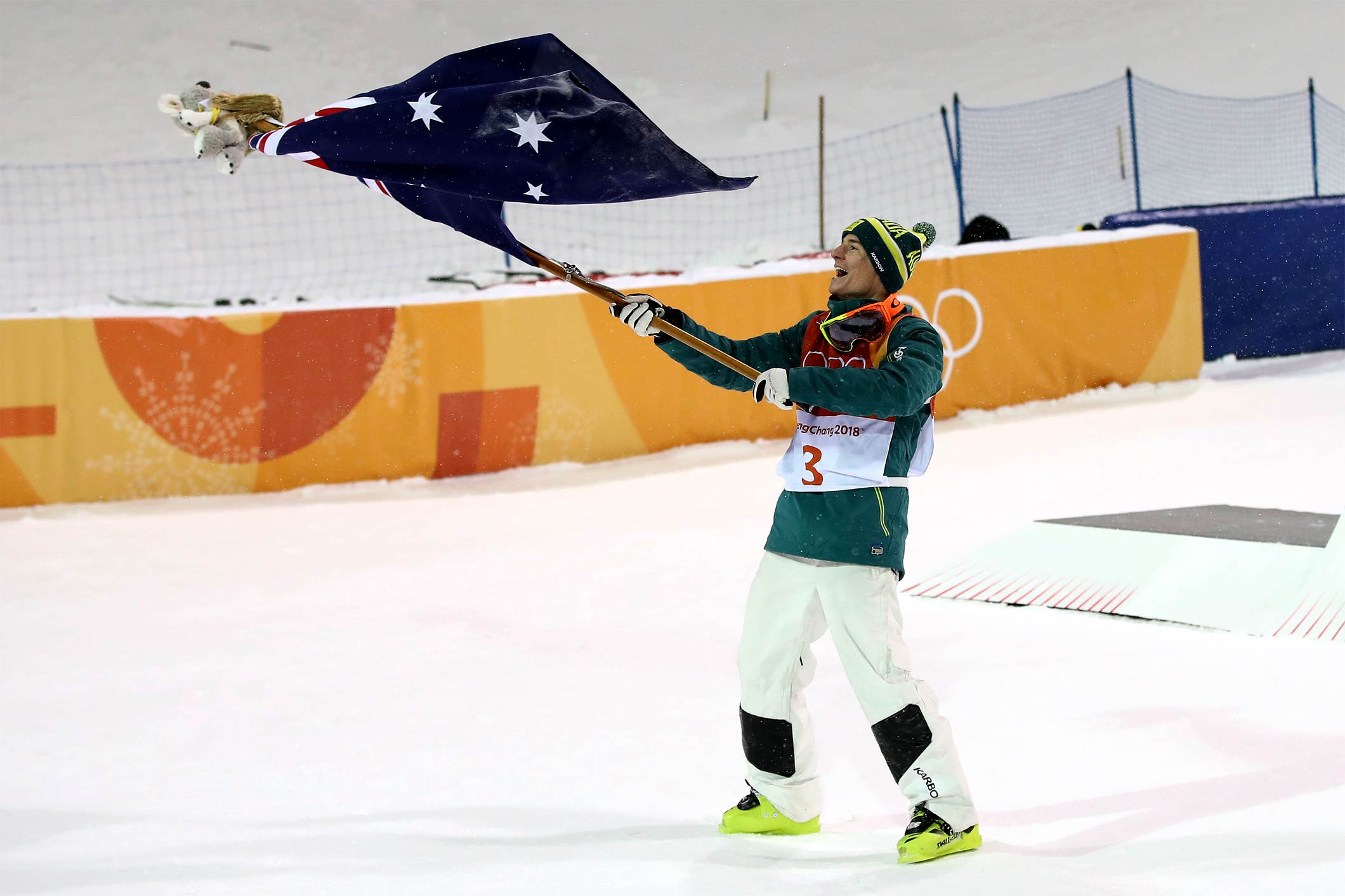
While the principal aim of Olympic Solidarity is to assist athletes with qualification for the Games, seeing scholarship recipients make it all the way to the podium is further vindication of the positive impact of the programme.
Providing vital assistance globally
The PyeongChang 2018 programme is one among 21 World programmes offered in the Olympic Solidarity Plan 2017-2020 to NOCs across the world. Olympic Solidarity manages the NOCs' share of the broadcasting rights for the Olympic Games and redistributes these funds through the various programmes available to all NOCs recognised by the IOC. For the Olympic Solidarity Plan 2017-2020, the development and assistance budget is over USD 500 million, with a strong focus placed on athletes' training and development in line with Olympic Agenda 2020.
Visit https://www.olympic.org/olympic-solidarity to learn more.